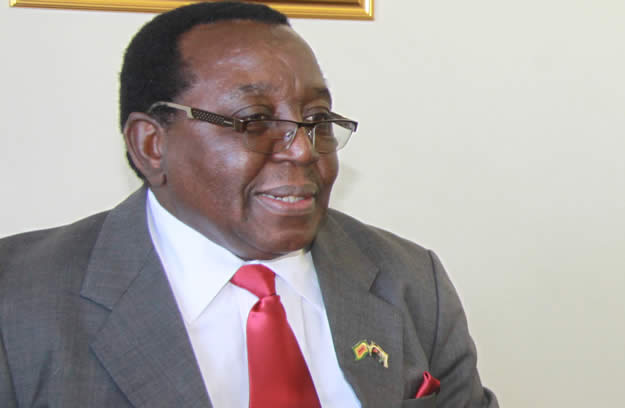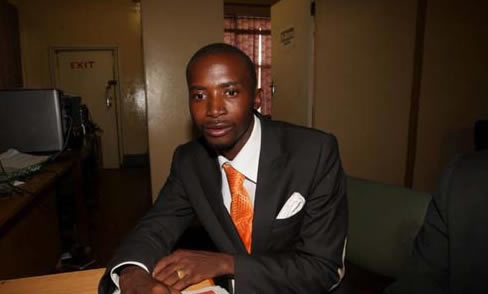Ministry works on establishing Presidential roundtable

Prosper Ndlovu Business Editor
A Presidential Investors’ Roundtable forum will be set up within the Ministry of Economic Planning and Investment Promotion to facilitate increased private sector participation in economic policy formulation, a Cabinet Minister said.
The government seeks to utilise the platform to increase interface with prominent investors and appreciate their views regarding investment opportunities in the country.
“The ministry is working on establishing the Presidential Investors’ Round Table, which will ensure private sector participation in policy formulation for economic transformation,” Economic Planning Minister Simon Khaya Moyo said.
“This is a platform whereby the government will intermingle with prominent investors to appreciate their views and concerns on the investment climate prevailing in the economy and also to obtain recommendations on improving the same so as to make Zimbabwe an investment destination of choice.”
The minister, who was speaking during the launch of the World Investment Report in Harare on Wednesday, said the new platform was necessitated by an increase in investment inquiries with more foreign firms expressing interest in setting up business in Zimbabwe.
He said the recent visit by a Chinese Council for promoting South-South Cooperation had an interface with the highest levels of the government.
“It’s in the same spirit that the ministry wishes to create a channel for public private dialogue on investment related matters for better policy management. Furthermore, to ensure a high level commitment in investment issues, a Cabinet sub-committee on external resource mobilisation for which I’m chair, was established in a bid to explore ways of tapping foreign private capital to fund projects enunciated in Zim-Asset. The sub-committee of officials have been meeting investors to attract them to invest in Zimbabwe,” said Minister Khaya Moyo.
He also said efforts were underway to publish a handbook on how to invest in Zimbabwe as well as a monthly newsletter that will keep the nation abreast with developments on the field of foreign direct investment.
“This booklet will aim to expose specific investment opportunities in the country that are ready for foreign direct investment in a bid to enhance the economic aspirations of our nation. The booklet will also be a platform with which to market Zimbabwe as an extremely rich country, with a plethora of natural resource endowments, a ubiquitous availability of various raw materials and a multi-disciplinary skills base which act as cardinal requisites for rapid economic growth,” said the minister.
Minister Khaya Moyo said the government would continue to pursue macro-economic stability and growth ideals espoused in the Zim-Asset blueprint as a means of turning around the economy.
He stressed the need for strong policy coherence, improved business climate and overall improvements in the way the country dealt with international investors.
The minister said Zimbabwe was on course towards implementing measures to improve the investment climate in order to attract more foreign direct investment.
The measures include establishment of Special Economic Zones (SEZs), an important tool for employment creation through diversification and export growth promotion anchored on skills upgrading and technology transfer.
The principles of SEZs are currently under review paving the way for establishment of a supervisory board that will guide the designation of operational modalities of the developers and operators of the zones.
Minister Khaya Moyo also said his ministry was seized with spearheading a number of initiatives to address the business environment in liaison with other sister ministries.
He underscored the importance of joint ventures in project development in the context of a dwindling national budget and increasing public expectations.
Through joint venture partnerships, said the minister, the country will be able to upgrade critical infrastructure, particularly water, rail, road and air transportation and energy services against a limited fiscal space.












Comments